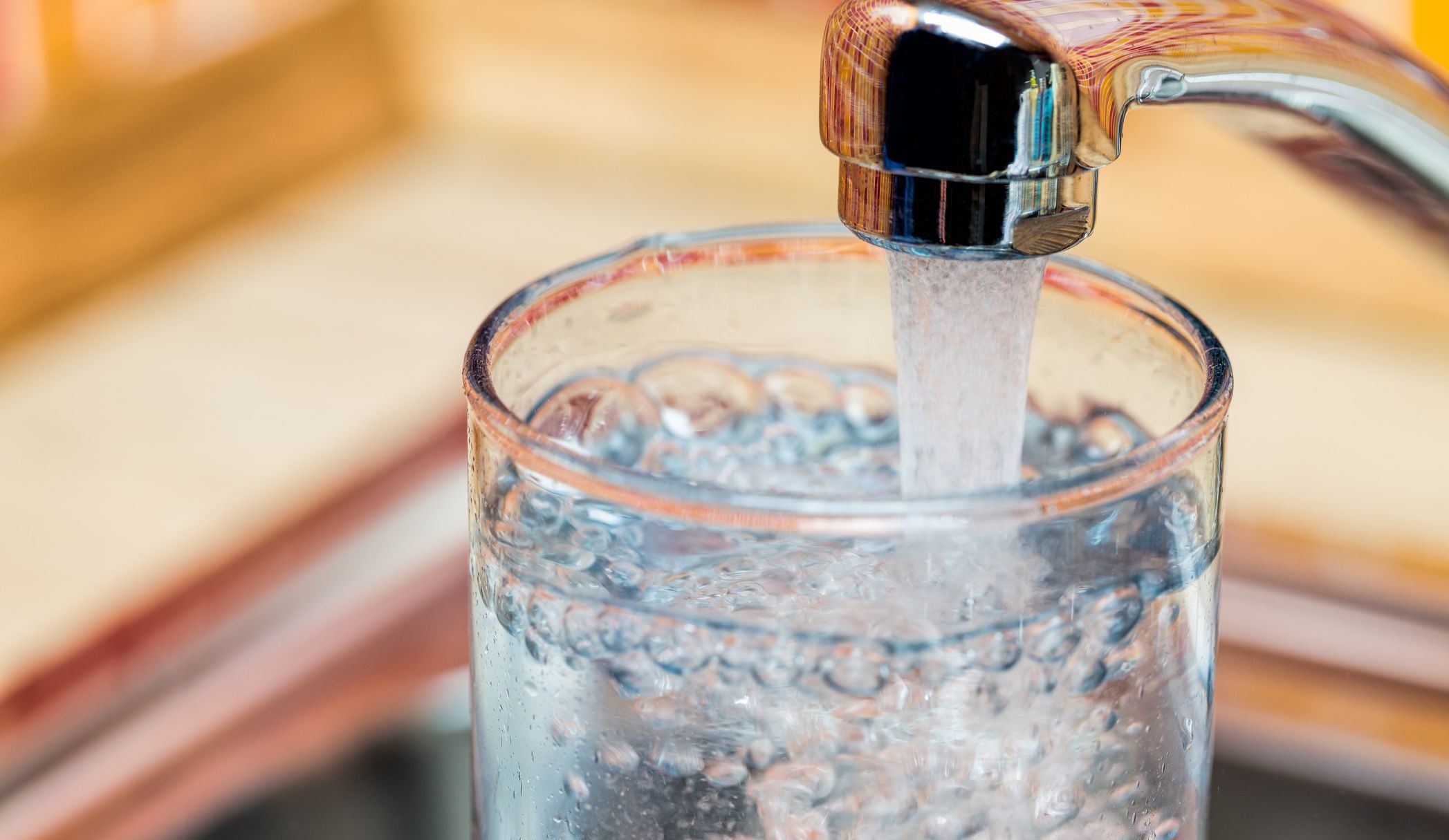While most Canadians have reliable access to clean drinking water, many First Nation communities still face pressing water issues; something that has been further exacerbated by the COVID-19 pandemic.
To ensure that First Nations have reliable access to safe drinking water, the Government of Canada has announced more than $1.5 billion in additional investments to accelerate work that will lift all long-term drinking water advisories on reserves.
“In 2015, this government began working with First Nations communities to improve access to safe drinking water,” said Marc Miller, minister of Indigenous services. “We will not stop until all long-term drinking water advisories on public systems on reserves are lifted and all First Nations communities on reserves have reliable access to clean and safe drinking water now and into the future. Today’s announcement makes tangible commitments to support stable and reliable infrastructure, in communities, and so for years to come.”
Providing First Nations communities with the resources they need to operate and maintain their water systems is central to creating long-lasting solutions. To support daily operations and maintenance, and do so even after water advisories are lifted, the Government of Canada will allocate $616.3 million over six years, and $114.1 million per year ongoing thereafter, to First Nations on reserves.
This new investment will provide reliable and lasting funding to ensure water infrastructure can be maintained in good condition—ensuring longer lifecycles and more durable systems. It will also mean problems with the water systems can be caught earlier and will help prevent future long-term drinking water advisories. In addition to this, the funding will support training for water operators and help communities to better retain qualified operators for years to come.
Building and improving water infrastructure is also a core component of any work to provide access to clean and reliable drinking water. As such, the investment includes $553.4 million to continue funding water and wastewater infrastructure on reserve to prevent future drinking water advisories from occurring.
In addition to this, $309.8 million will be allocated to support and accelerate on-going work to lift all long-term drinking water advisories on public systems on reserves by helping to respond to project delays including those due to COVID-19.
The Government of Canada will also work to support First Nations-led initiatives to create water and wastewater service delivery centres that can provide technical expertise on system maintenance and operations to multiple First Nations communities.










There are many concerns with drinking water through out Canada. The water standard was lowered many years ago with the introduction of chloramines. This will cause major problems downstream of the water treatment centers that are no longer legally bound to protect the distribution system (Infrastructure) nor the buildings where the water is provided for the end users.
The AWWA was a good standard to follow, for all aspects for potable water. The new rule that once the water passes the property line it is the responsibility of the property owner is now the norm. The First Nations need to assess the best raw water prior to water treatment producing conditioned water (potable), each site will have unique challenges. The final destination needs to be protected and maintained daily.
There are ways that can streamline this procedure and still provide protection for the potable water and the individuals that rely on the fluid of life.